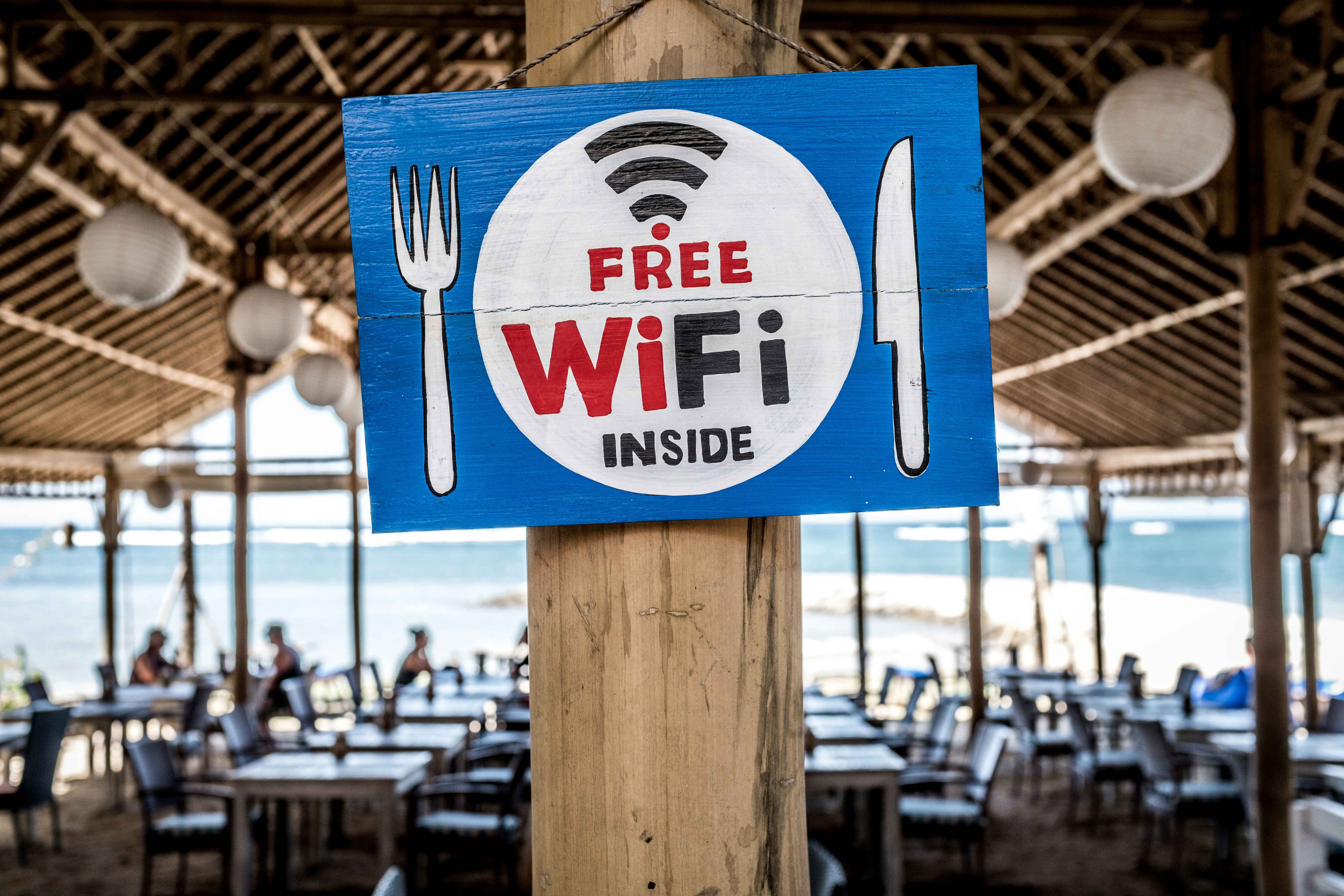Hey everyone!
As an IT Assistant with a passion for online security, I've seen my fair share of horror stories about public WiFi hacking in Bali. That's why I'm excited to share with you some essential tips on how to stay safe on public WiFi while living or traveling in Bali.
Whether you're working remotely from a coffee shop in Canggu, studying at a co-working space in Ubud, or just browsing the internet at a beach bar in Seminyak, public WiFi can be a convenient option. But have you ever stopped to think about the safety of the WiFi connection?

Why WiFi Security Matters in Bali
Bali is a popular destination for tourists and digital nomads, which makes it a prime target for cyber attacks. When working on public WiFi, you're not just putting your personal data at risk, but also your clients' and company's sensitive information. Cyber attacks, such as "man-in-the-middle" attacks, can compromise your data and put your business at risk. It's crucial to take measures to protect yourself and your clients.
The Risks of Public WiFi in Bali
Public WiFi networks in Bali are often unsecured or poorly configured, making them vulnerable to hacking. Some common risks include:
- Man-in-the-middle attacks: Hackers can intercept your data and inject malware into your device.
- Data theft: Unsecured networks can allow hackers to access your sensitive information.
- Malware distribution: Public WiFi networks can be used to distribute malware to unsuspecting users.

A WiFi Access Point Safety Checklist for Bali
To stay safe on public WiFi in Bali, follow this checklist:
- Verify the network name: Ensure the network name (SSID) matches the one provided by the coffee shop, co-working space, or beach bar.
- Check for HTTPS: Ensure the websites you visit use HTTPS (look for the padlock icon in the address bar).
- Use a VPN: Connect to a Virtual Private Network (VPN) to encrypt your internet traffic.
- Monitor network activity: Keep an eye on your device's network activity to detect any suspicious behavior.
- Use a firewall: Enable your device's firewall to block unauthorized access.
- Avoid public computers: Refrain from using public computers or devices to access sensitive information.
- Keep software up-to-date: Ensure your operating system, browser, and antivirus software are updated with the latest security patches.
- Use two-factor authentication: Enable two-factor authentication (2FA) for your accounts to add an extra layer of security.
- Be cautious of public WiFi hotspots: Avoid using public WiFi hotspots that require you to download software or apps to access the internet.
- Use a reputable antivirus: Install a reputable antivirus software to detect and remove malware.

Get Expert Help in Bali
As an IT Assistant based in Bali, I offer a range of services to help you stay safe online, including:
- VPN setup and configuration
- Antivirus software installation and management
- Firewall configuration and management
- Cybersecurity consulting and training
Check out my website at techassistant.pro for more information on my services.
Join the conversation!
Share your own WiFi security tips and experiences in the comments below. Let's work together to create a safer online community in Bali.
Stay safe, and happy browsing in Bali!
You can add one right now!